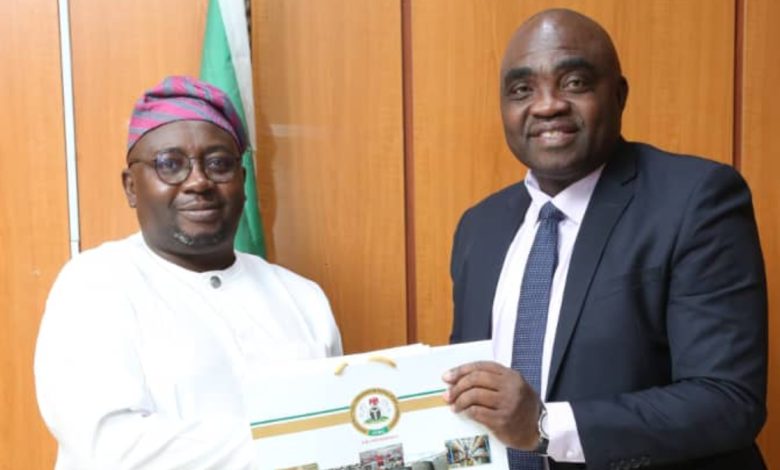
The Nigerian government has announced plans to partner with the private sector to address the $10 billion funding gap required to overhaul the country’s power sector in the next five to ten years.
This move was confirmed after a meeting between the Director General of the Infrastructure Concession Regulatory Commission (ICRC), Dr. Jobson Oseodion Ewalefoh, and the Minister of Power, Chief Adebayo A. Adelabu, in Abuja on Tuesday.
Dr Ewalefoh stressed the critical role of the private sector in revitalising the power sector. “The investment required in power is very huge and government cannot fund it alone, so we have to leverage the financing capacity of the private sector. That is why the ICRC was set up to regulate this leverage,” he said.
He highlighted that while the government has a vital role, only private-sector collaboration can bring the required capital and expertise.
The Minister of Power echoed these concerns, underscoring the immense investment needed for a stable electricity supply.
“For us to achieve 24-hour power supply across Nigeria in the next 5 to 10 years, there is a minimum funding requirement of about $10 billion. The government cannot afford that, when there are other critical sectors in need of funding. We need to do this in collaboration with the private sector, and the best way is through concession,” Adelabu explained.
Both officials agreed that optimising current infrastructure performance and financing new projects would necessitate close collaboration between public and private entities.
To facilitate this, the ICRC, responsible for regulating public-private partnerships (PPP), is set to streamline the processes involved.
Dr Ewalefoh outlined a six-point policy to accelerate project delivery and prevent delays caused by underprepared companies.
To reassure stakeholders about the integrity of the process, Dr Ewalefoh also discussed the commission’s measures to ensure accountability.
“We are insisting on inserting conditions precedent to all PPP agreements so that any preferred bidder that defaults will have their agreement automatically nullified,” he affirmed.
This initiative marks a significant step toward revitalising Nigeria’s power sector and improving electricity supply nationwide.
The government hopes to unlock foreign direct investment by leveraging private sector investment, stimulating economic growth, and providing Nigerians with consistent, reliable power in the coming years.
